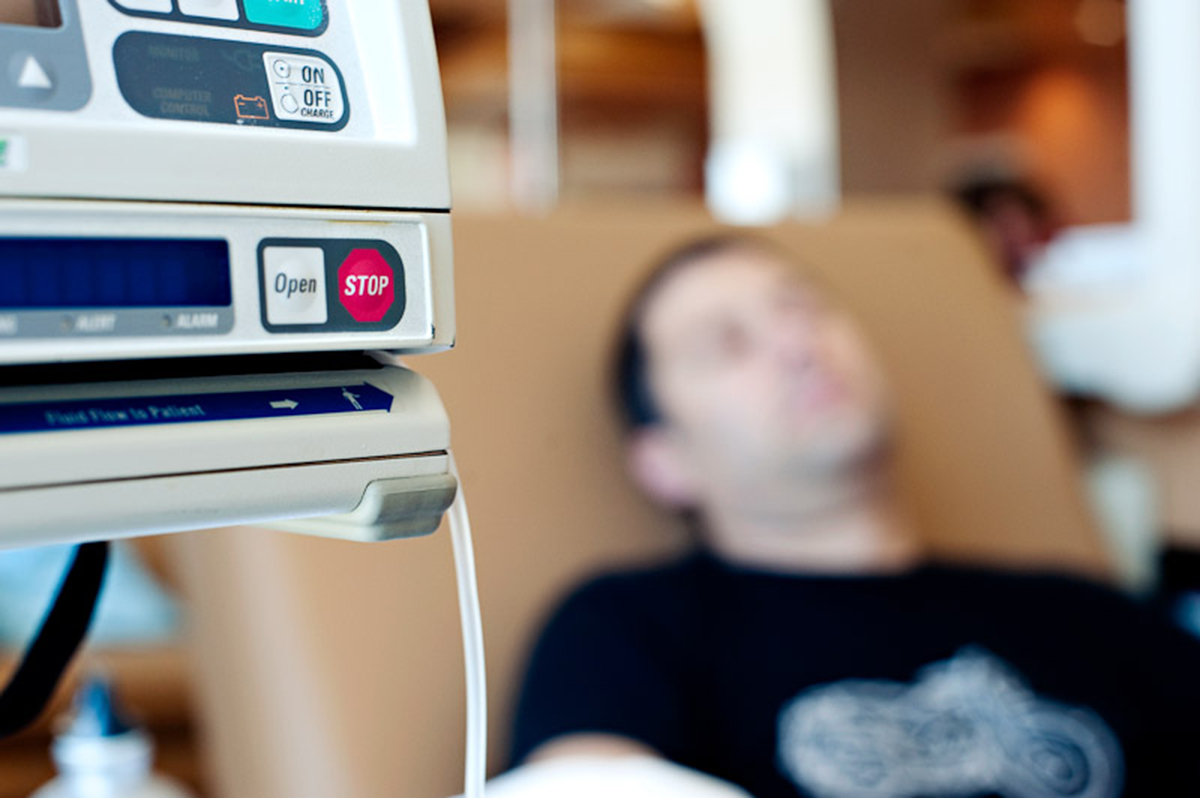Table of Contents
Not everyone agrees that cancer is a battle, however. Blogger Aria Jones wrote an open letter to people who use the term "battle" to describe what others with cancer are going through. "If I die of this relapsed, refractory Acute Myelogenous Leukemia," she wrote, "and you describe me posthumously as having 'lost her battle with cancer,' I swear to God I will come back from wherever my soul may have been sent and haunt the living shit out of you for the rest of your days."
An actual battle, this blogger says, is something either party could win. Not so with cancer, for which there is no cure. She continues: "OH! I beg your pardon; the fighting words seemed to work for your brother (before he was declared a courageous loser of his battle) so, since all cancer patients are the same, they’re perfectly appropriate to use with me and any others you may encounter. How comfortingly convenient… for you."

The message is clear. If cancer is a battle, there are winners and losers, and those who die are the losers. Doesn't that somehow imply that they weren't as strong, or didn't do everything they can to "win"? If it does, wouldn't that be disgusting? Well, some people with cancer see these metaphors exactly in that light, yet are confronted with them on a daily basis. That isn't fair. It's the people affected by cancer who get to decide how their disease is talked about, not others.
"Cancer is more like a parasite with which I am forced to live," Mae says. "I entered the treatment process feeling powerless and hopeless, not with a battle song. I endure the treatment, the treatment during which doctors are destroying my own cells. It is not a fight. I am not trying to stay positive throughout. I am not courageous. I didn't choose this. It sucks."
Jane shares: "I don't get too upset over this, but I do cringe when I see obituaries where someone is declared to have lost their fight with cancer. My diagnosis was nine years ago. The 'you're strong, you can win this' messages were meant to be supportive so I took them as such, but the fact is that some people live, and some don't. I don't think willpower has anything to do with it."
Yet others also reject the "survivor" label, pointing out that cancer can return at any point and being in remission isn't a source of pride, but a source of constant anxiety.
READ Most Popular Cancer Myths- Any Truth To These Common Beliefs?
Honoring People's Wishes
The moral of this story is pretty simple, really: words have a large impact, and they mean different things to different people. While battle terminology is helpful to some people with cancer, others don't appreciate it at all. If you have cancer, it's you who gets to decide how to put your feelings about that into words. If someone you know has cancer, ask them how they prefer to talk about it.
- Photo courtesy of William A. Franklin via Flickr: www.flickr.com/photos/williamafranklin/5233286912
- Photo courtesy of HollywoodPimp via Flickr: www.flickr.com/photos/sdickter/3563126569


Your thoughts on this